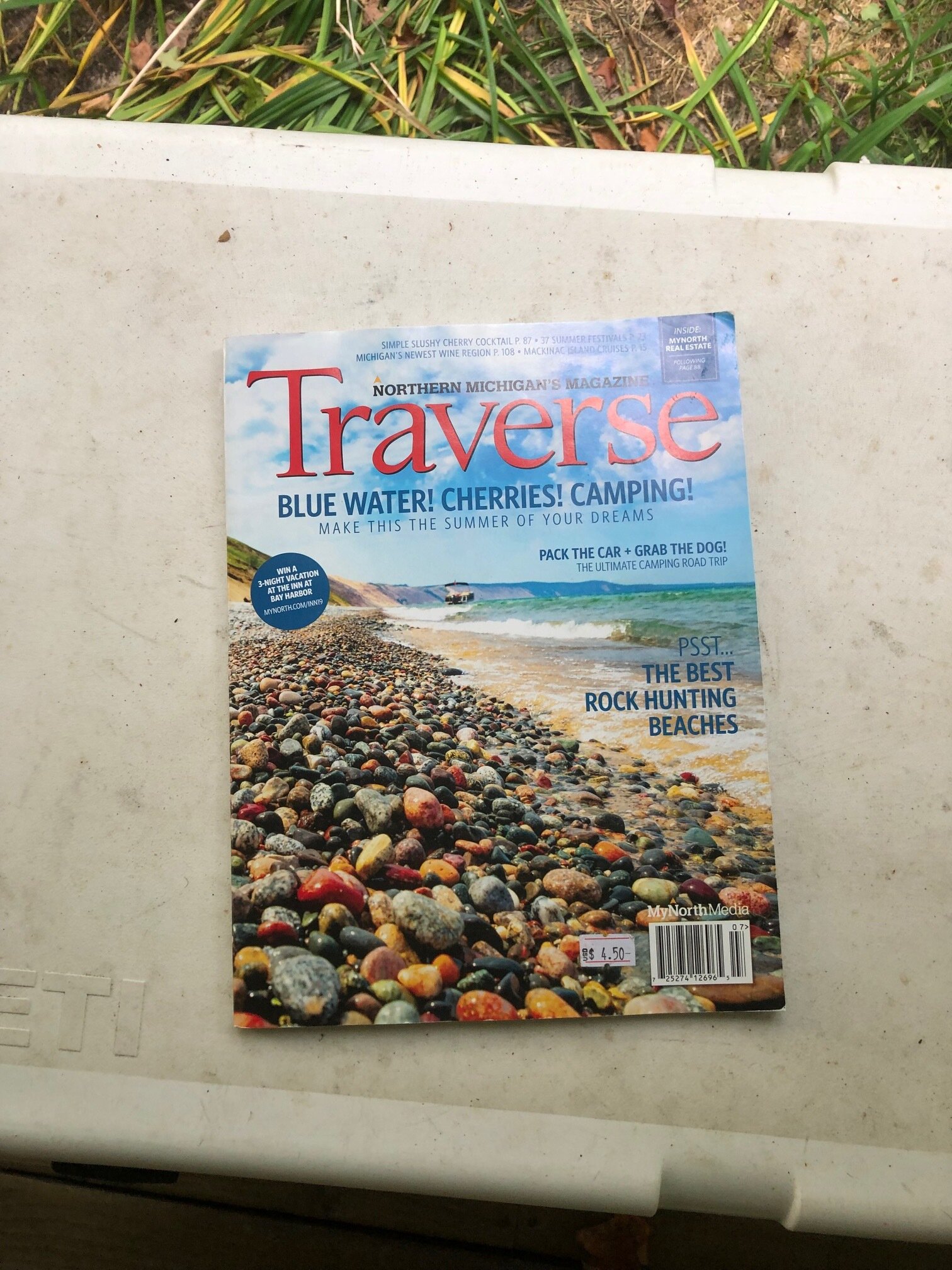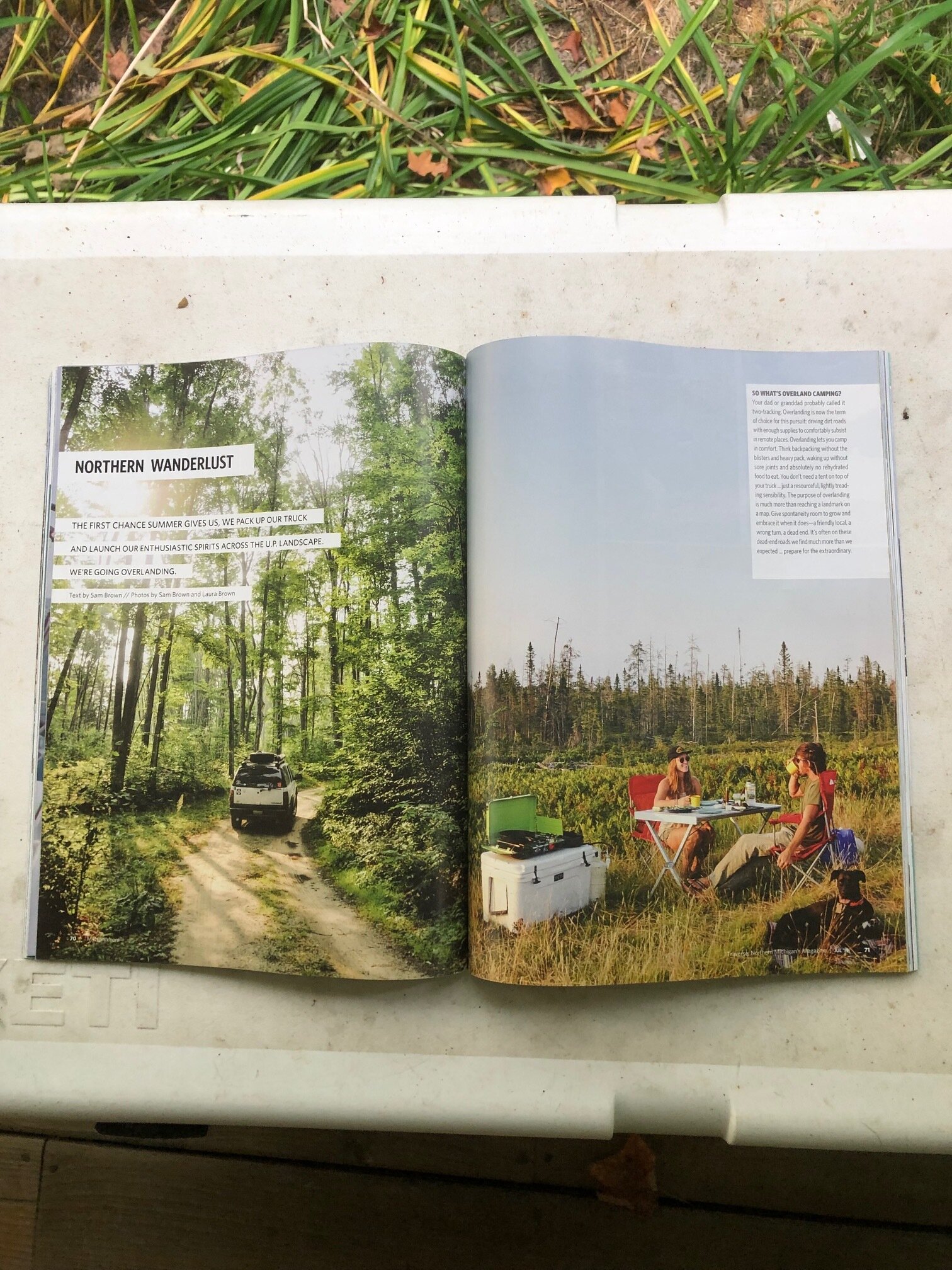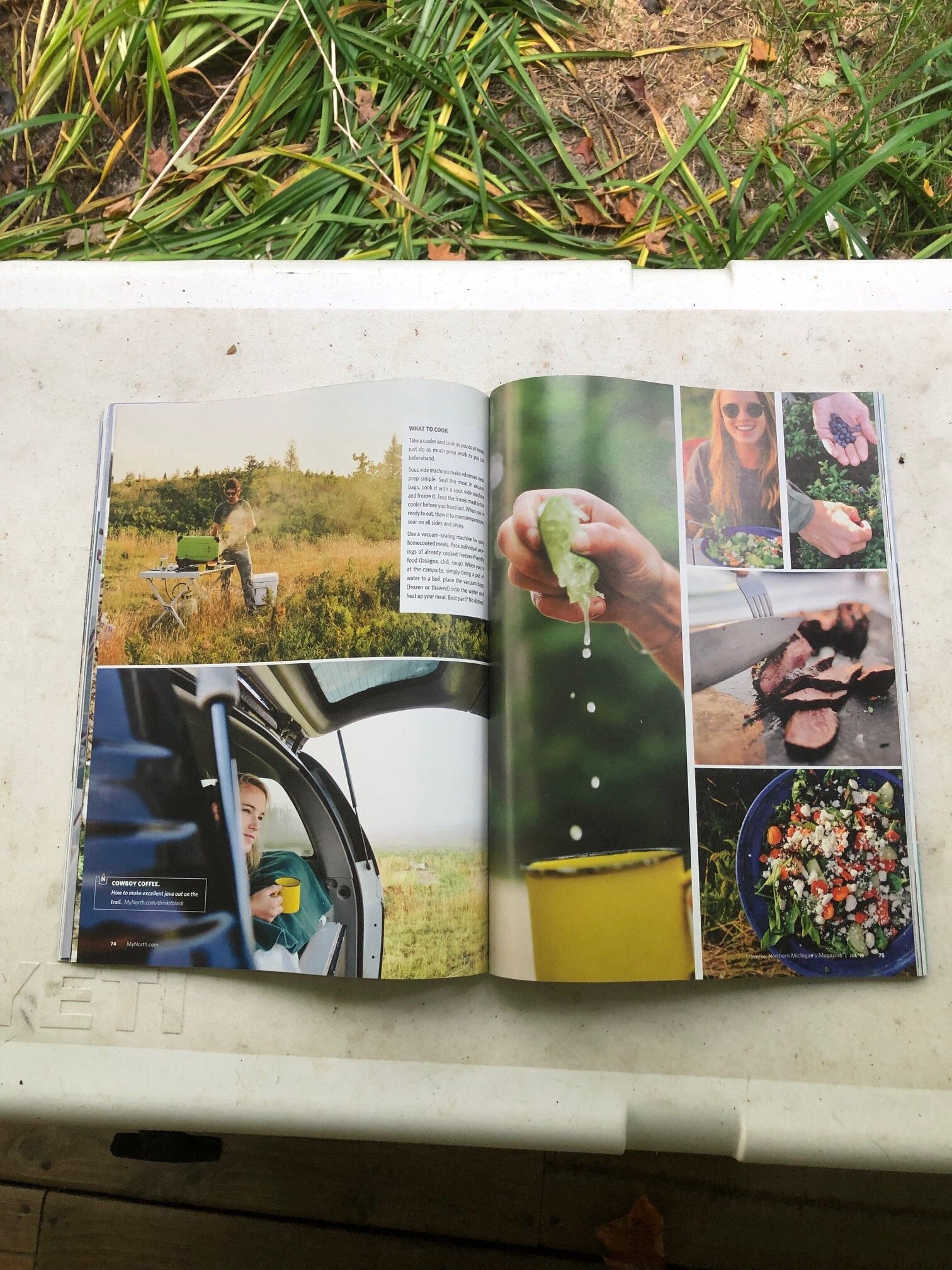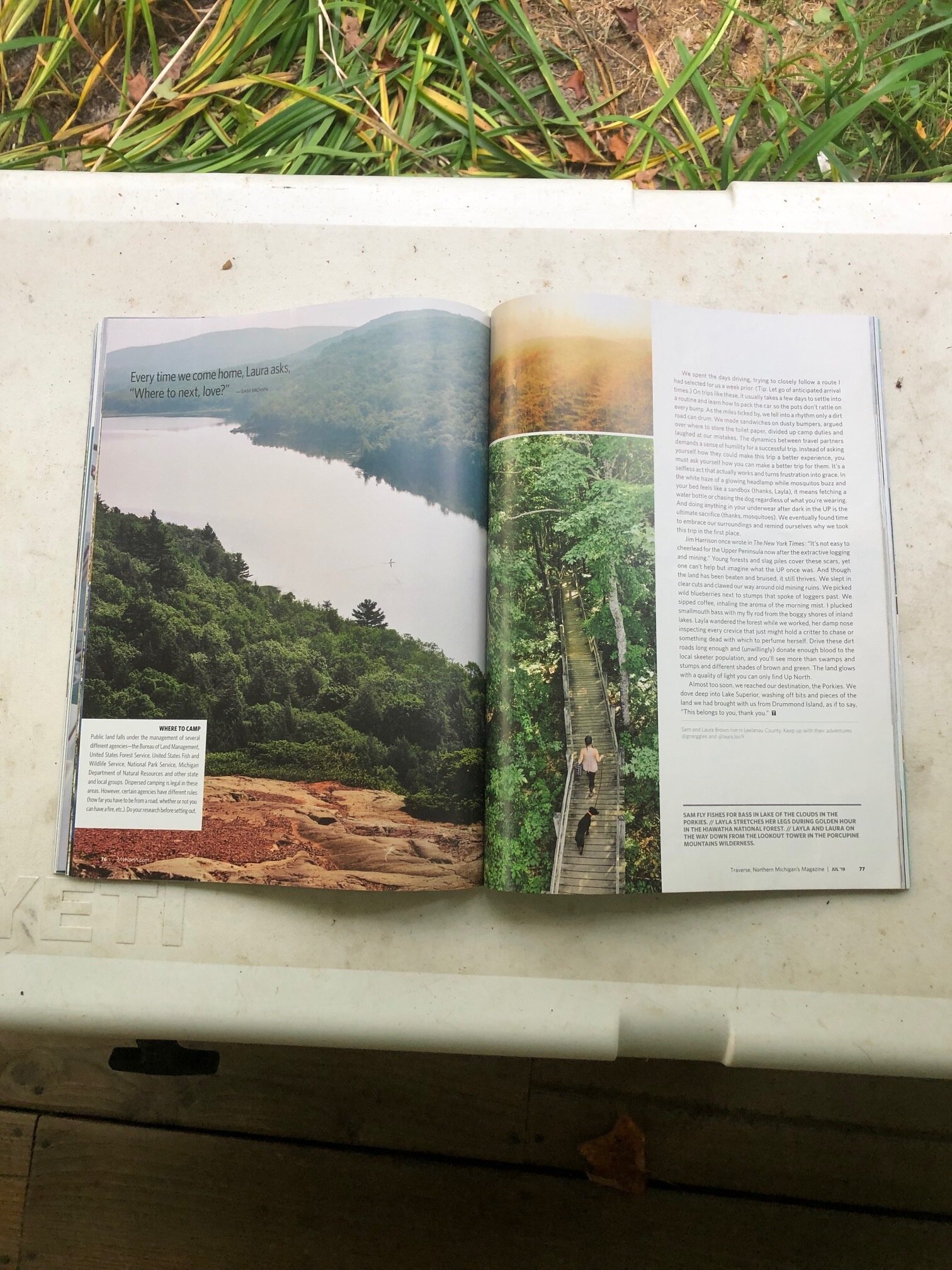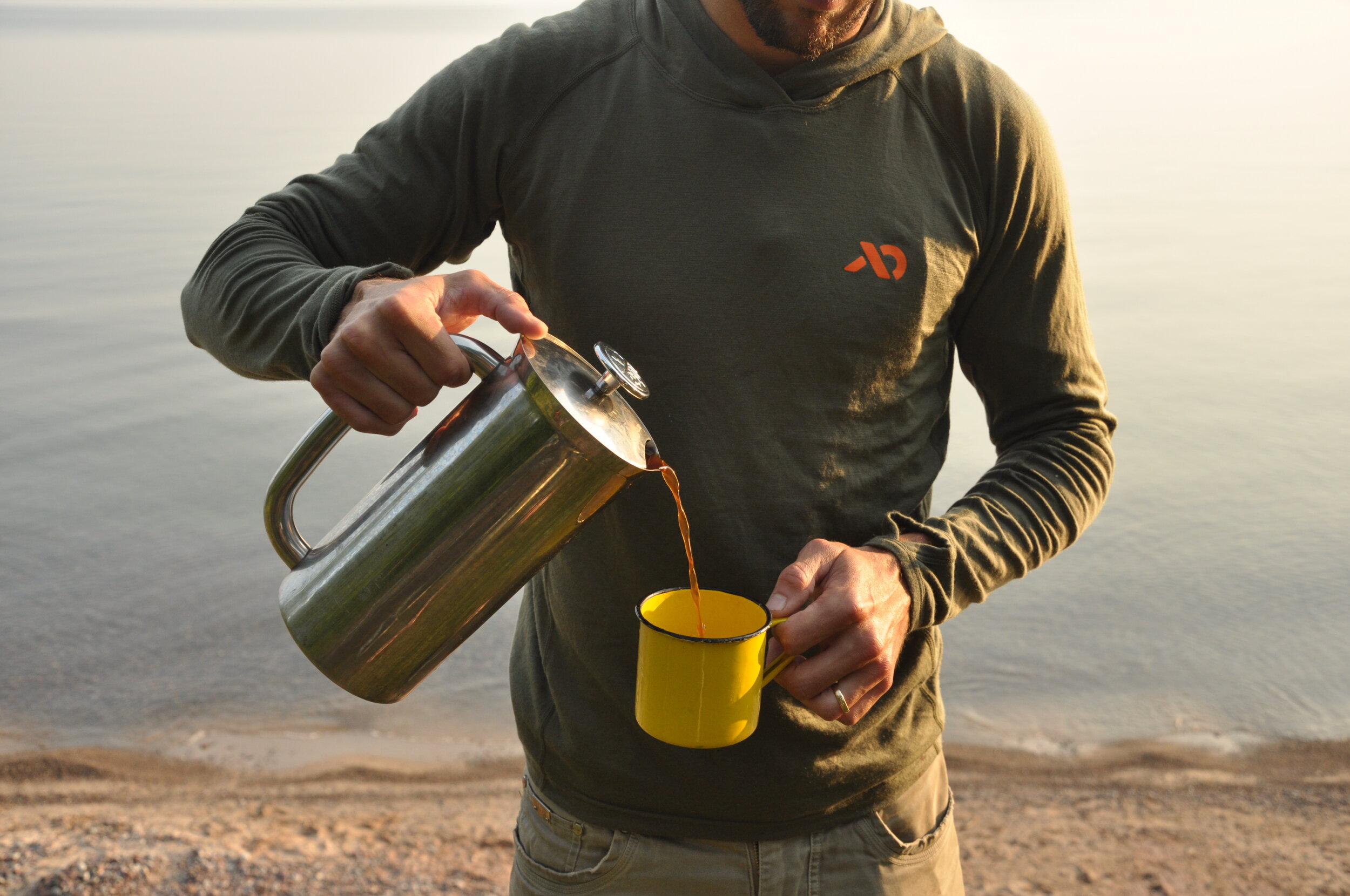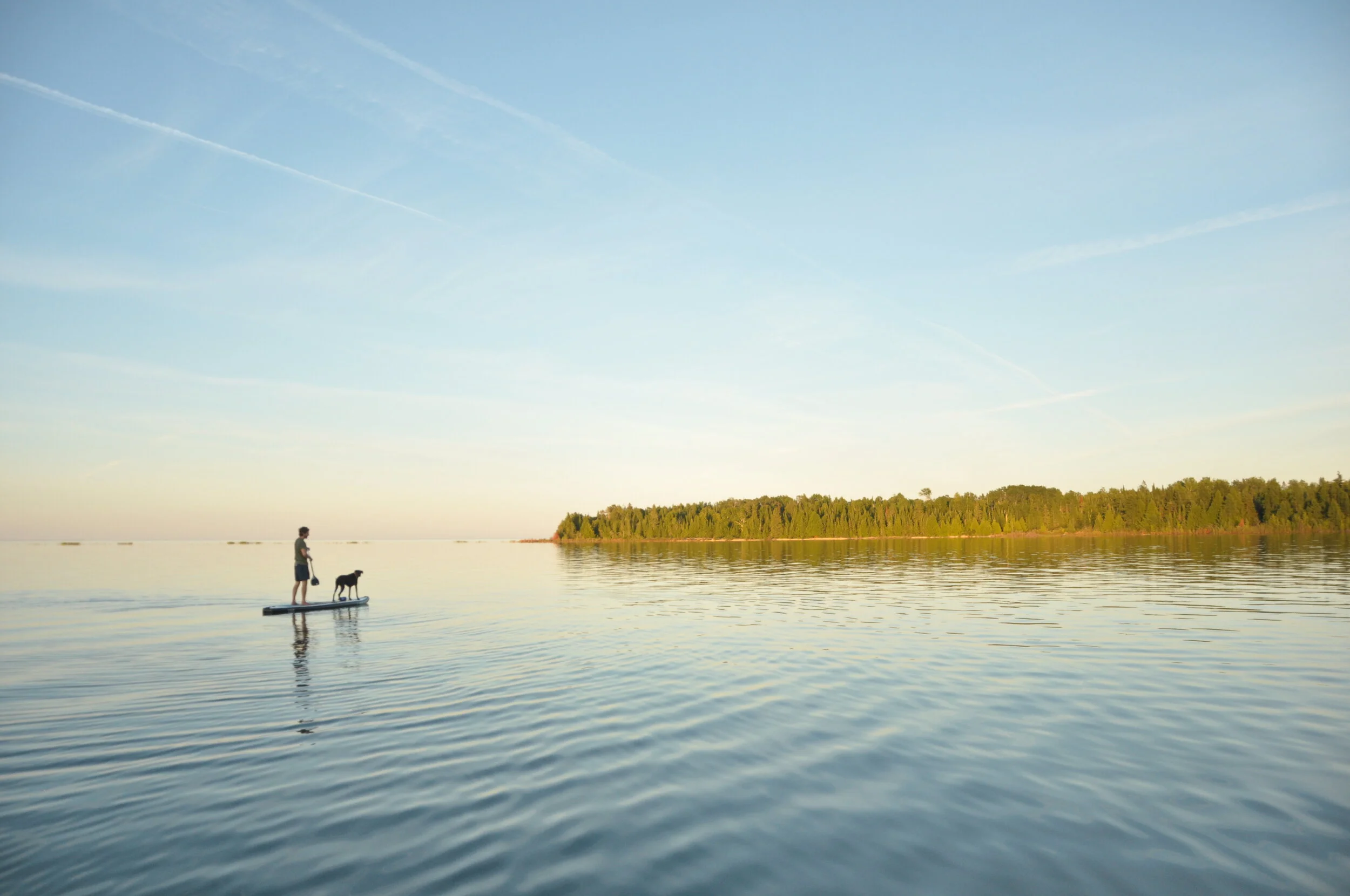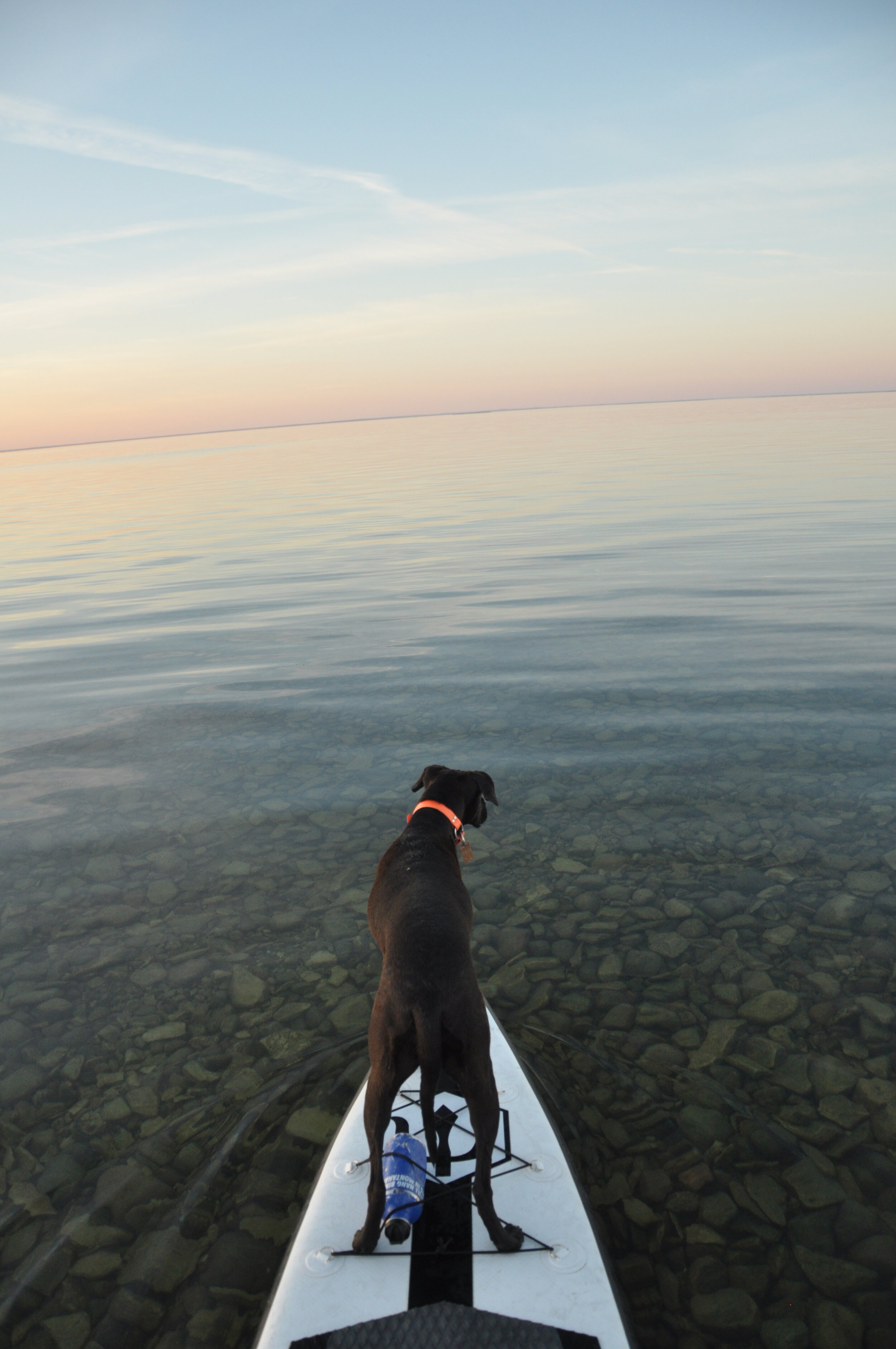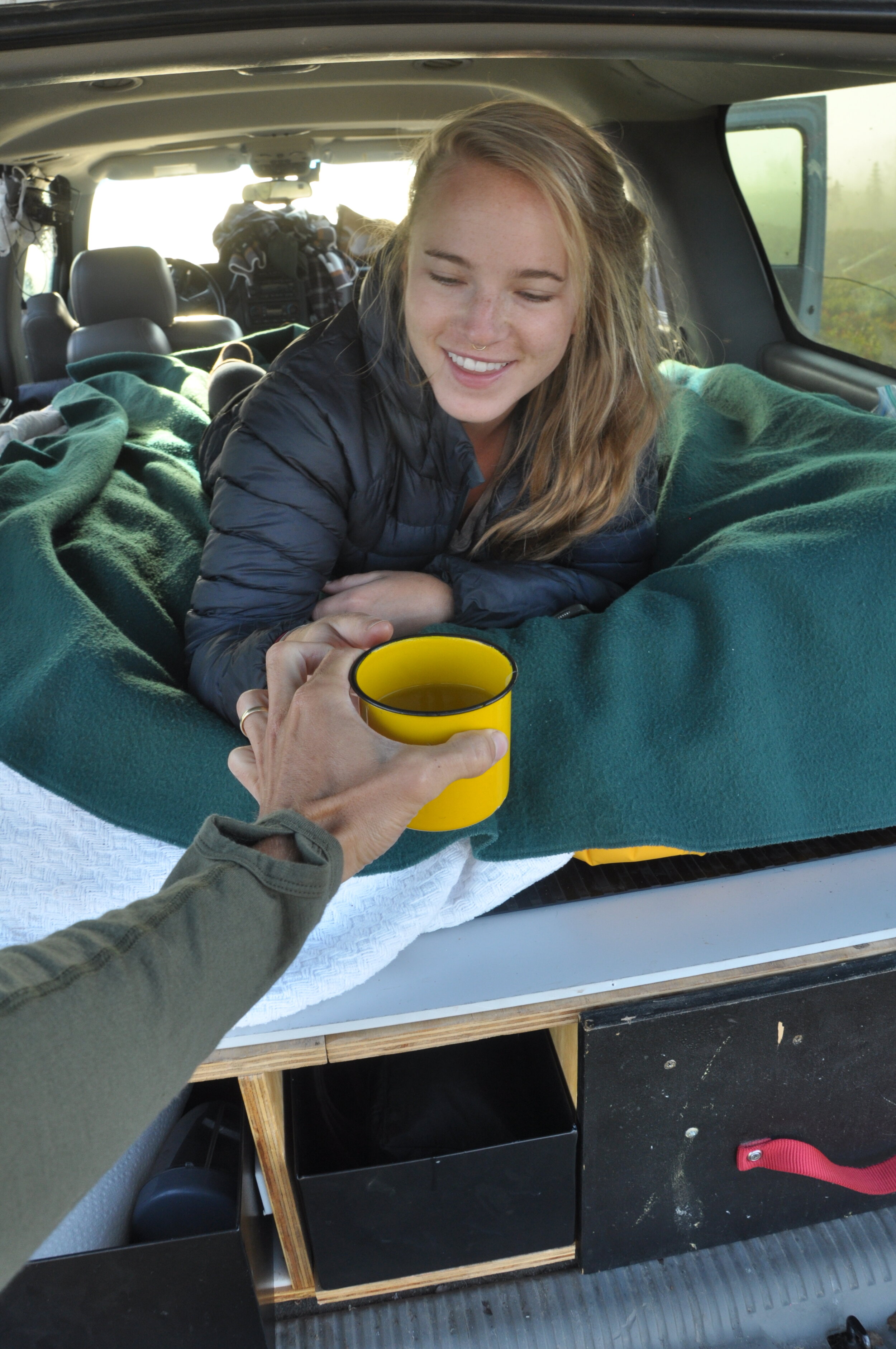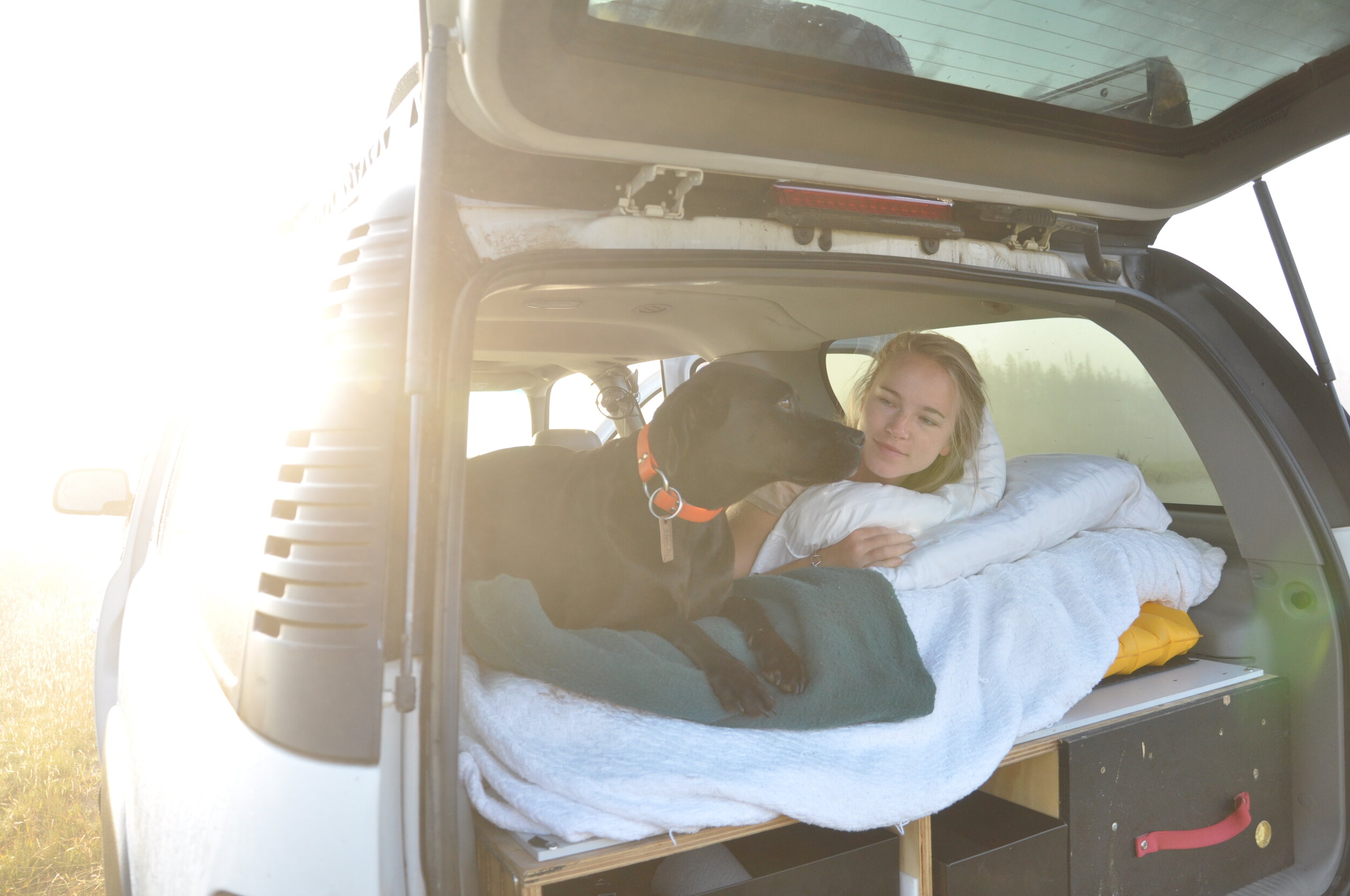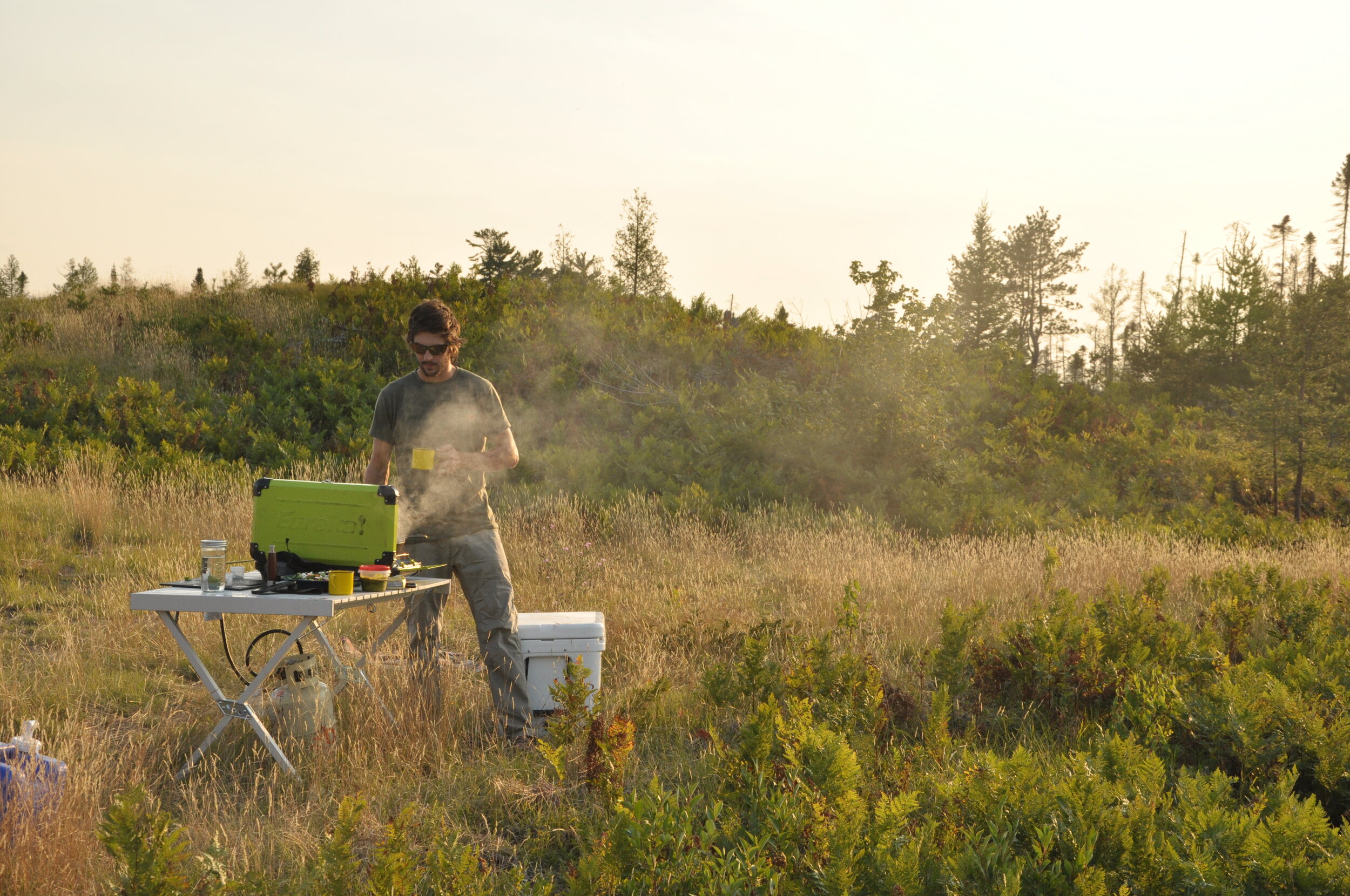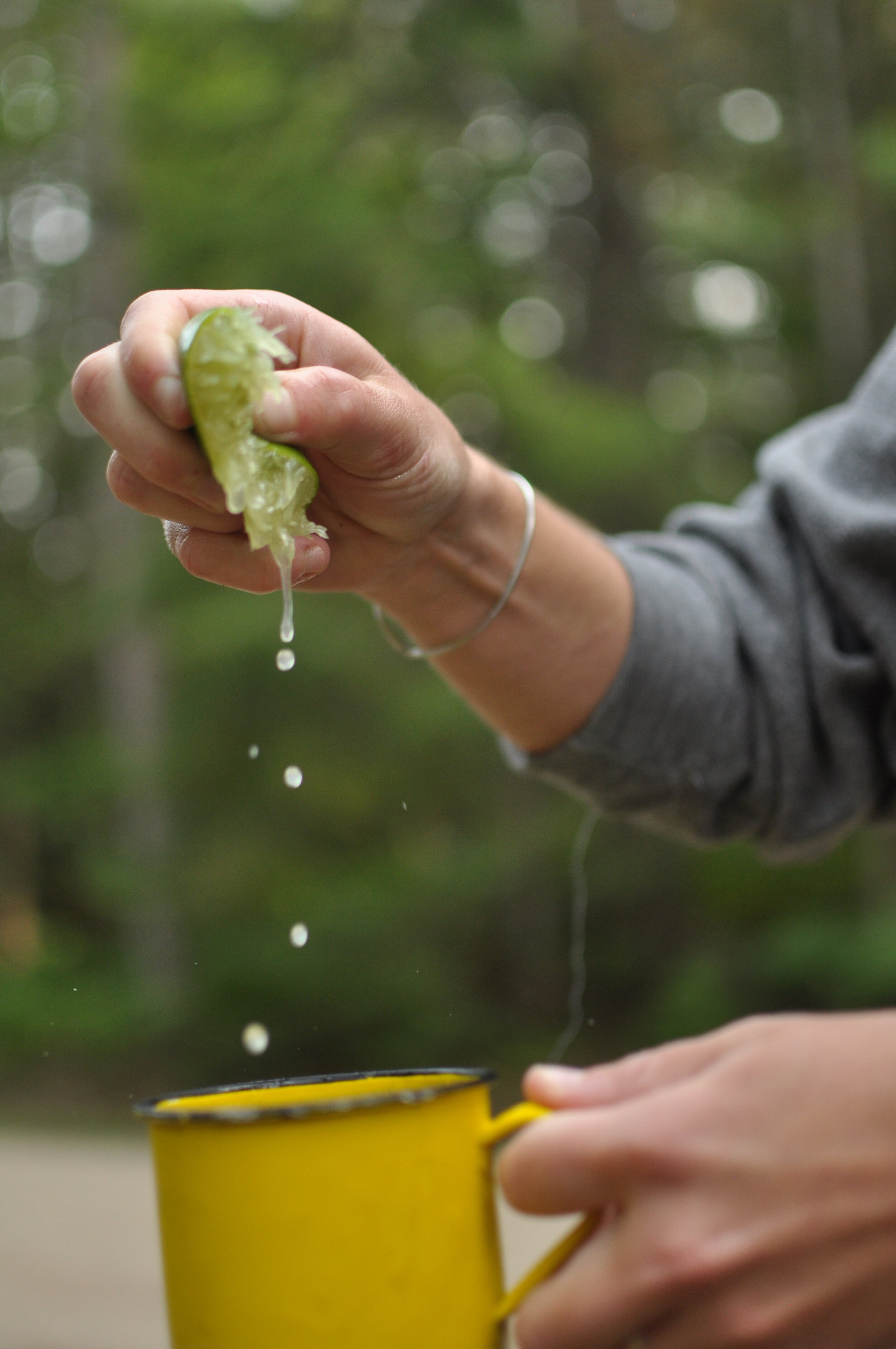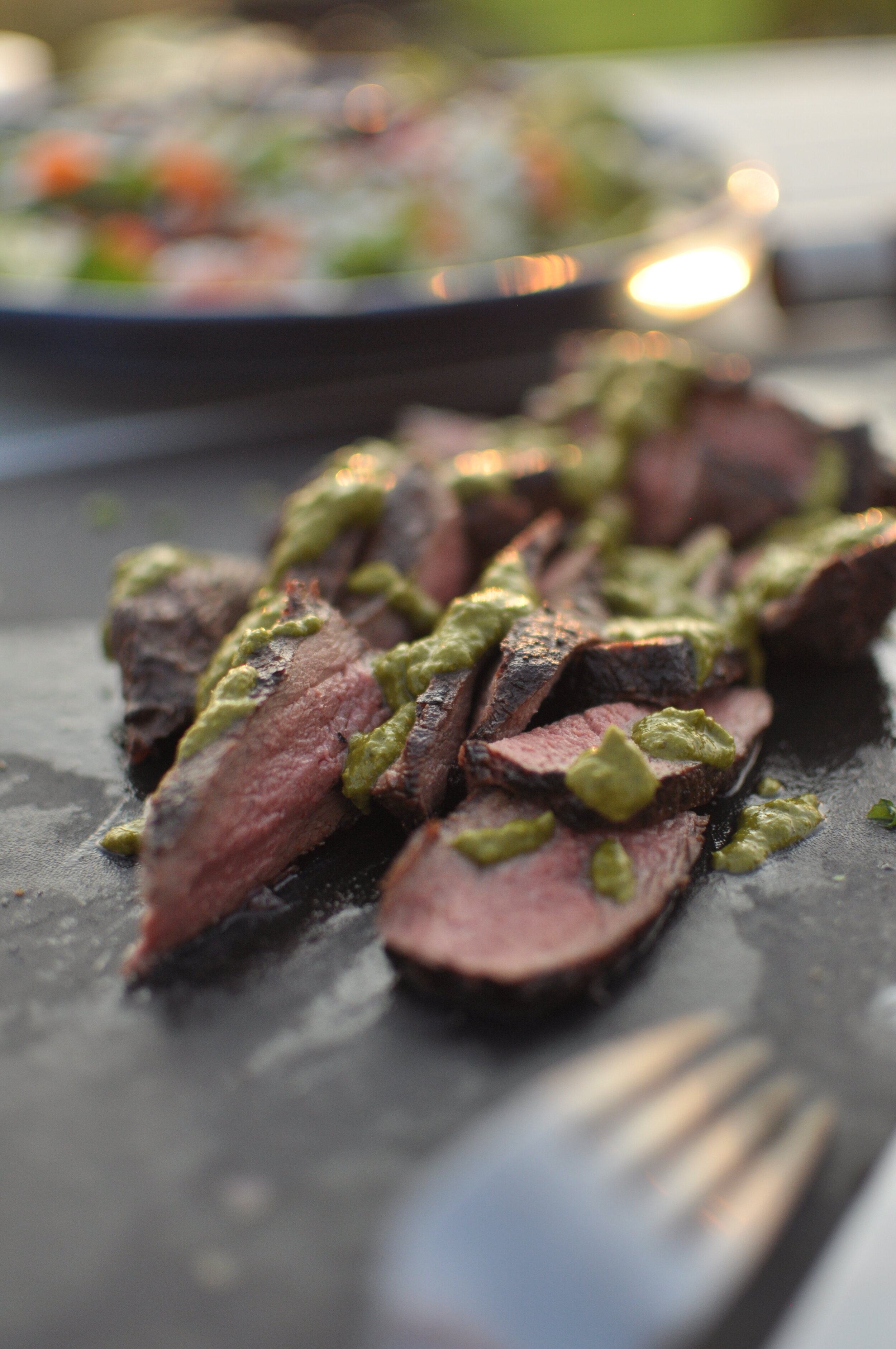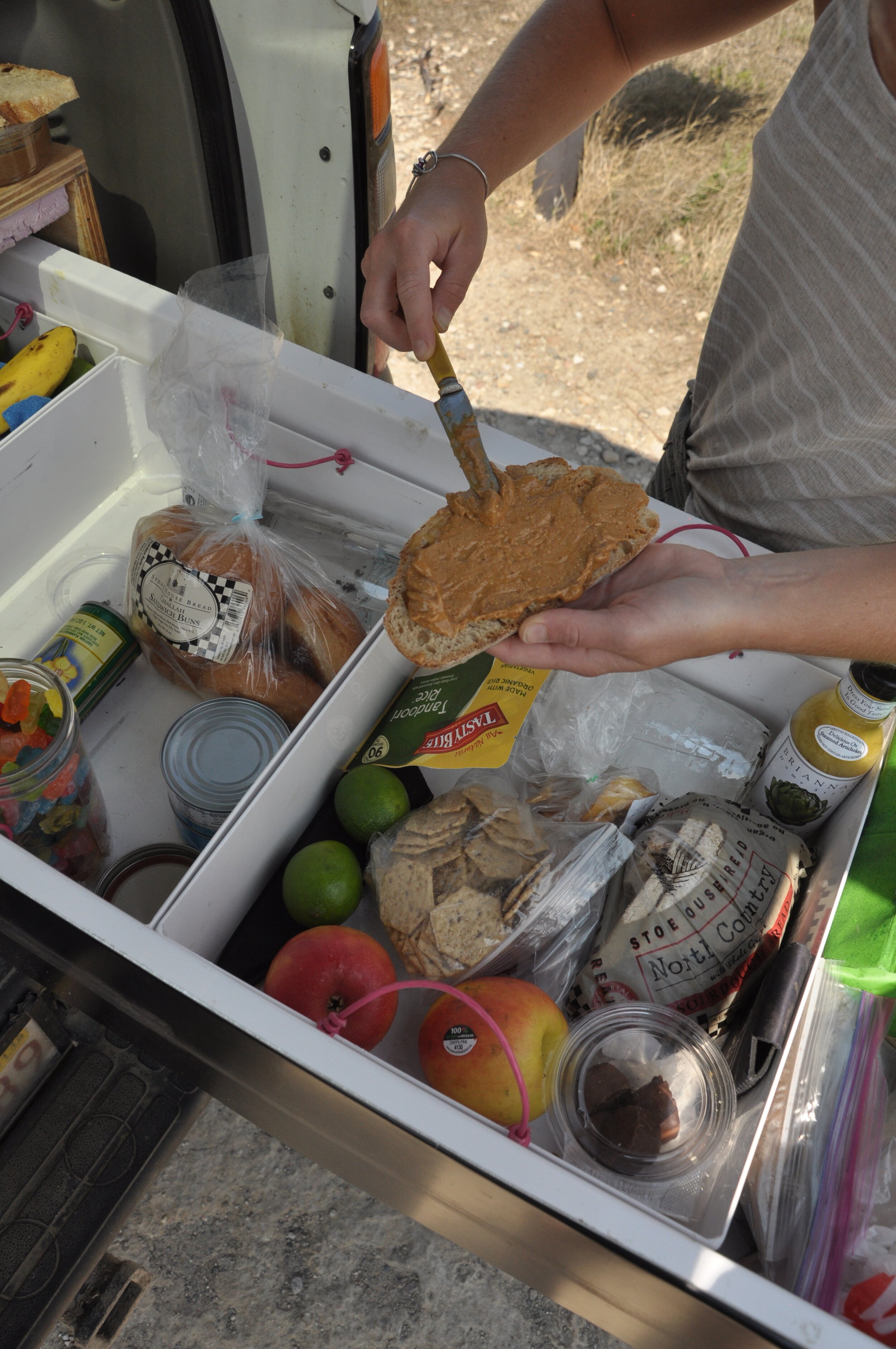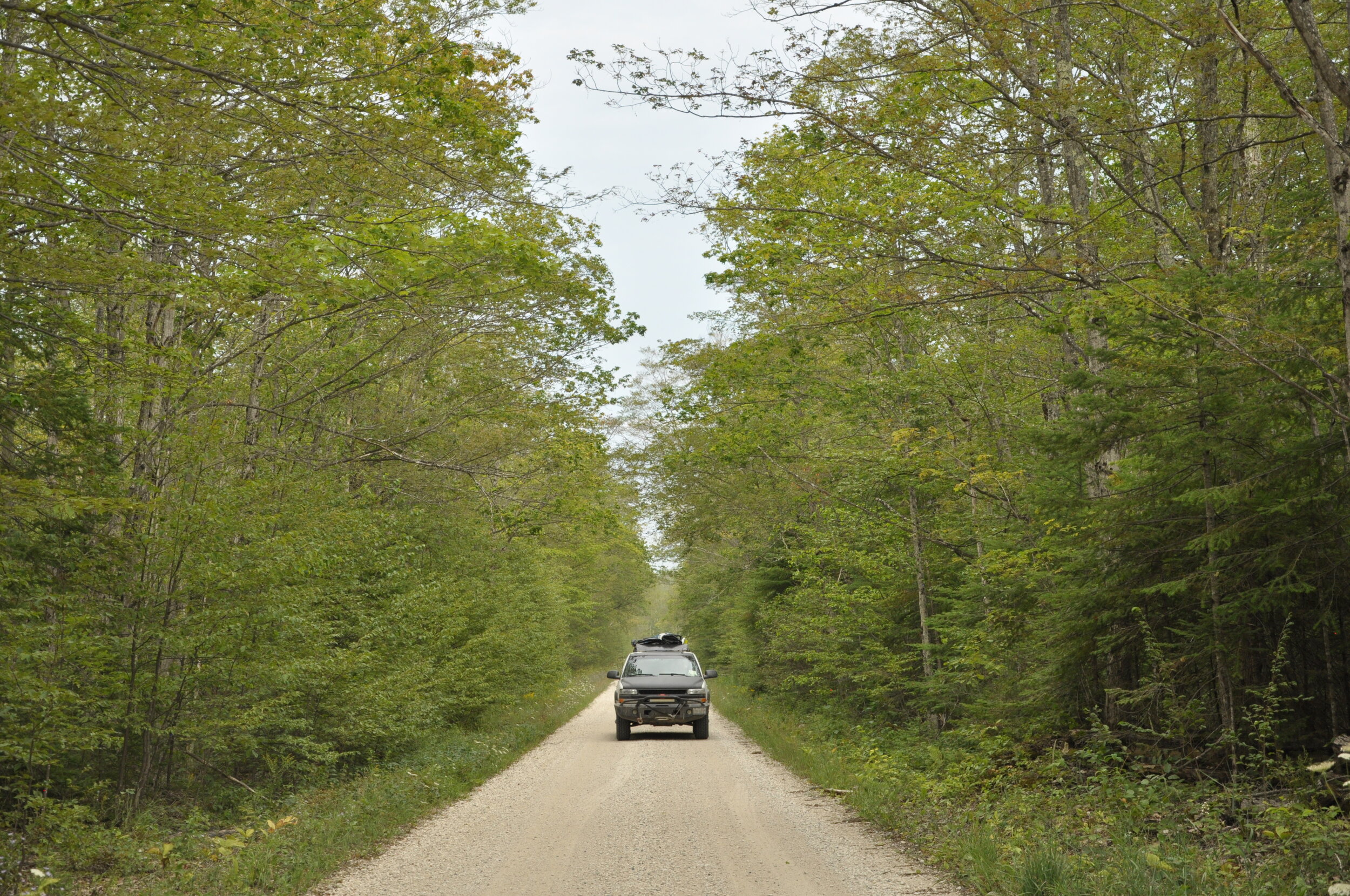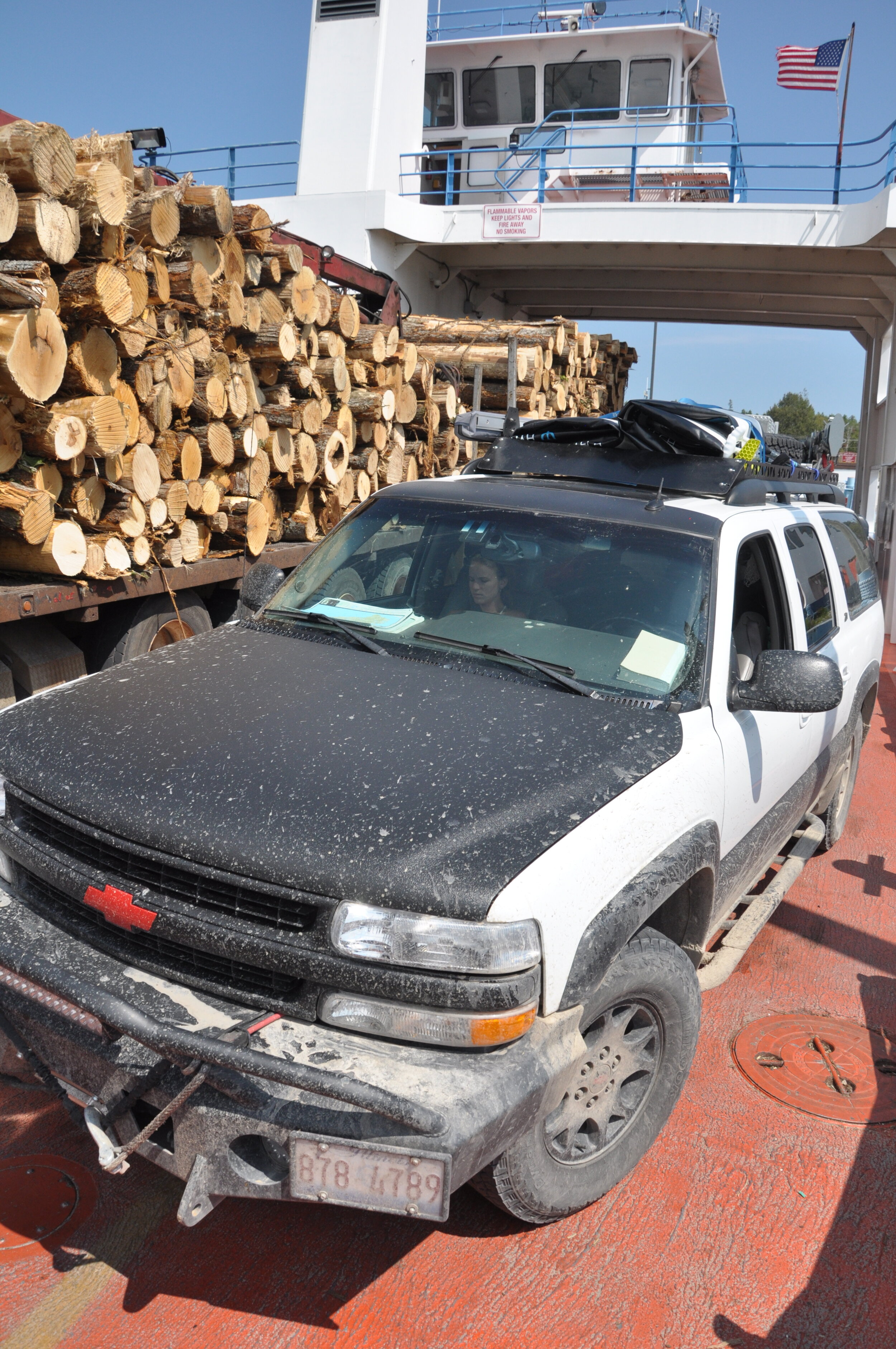Exploring What Once Was
Your granddad probably called it two trackin' or perhaps four-wheeling. What's old is new again. Overlanding is now the term of choice for these pursuits - wandering dirt roads with enough supplies to comfortably subsist in remote places.
This type of exploration in remote areas is perfect for Michigan's Upper Peninsula. With a web of logging, USFS and mining roads and ORV routes one can drive across the UP, east to west, on entirely dirt roads. Our goal was to pursue the wildness that paved roads, traffic and road signs take away from an adventure - to try and experience the UP as the loggers and miners once did, and be reminded of its true essence.
Now this may seem like an ambitious task, because it is. We failed. It's not that it wasn't possible, there are plenty of roads. It's just that they didn't build these roads to uphold to our modern standards of convince, cruise control, vacation time and ETA's. Although failure was imminent, we embraced it because it didn't feel like failure, I just didn't ask for enough time off of work. Driving east to west across the UP on dirt roads is possible, you just can't be expected to show up to work on Monday.
Myself, Laura (wife) and Layla (dog) rolled onto the ferry to Drummond Island as it bobbed in the cobalt water of Lake Huron. The furthest east landmark in the UP, it was an obvious starting point for our journey. Pedro, a 2005 Chevy Suburban with a memory foam mattress, seemed like the perfect candidate to launch our enthusiastic spirts across the landscape. The Porky Pine Mountains were our destination.
Overlanding allows you to access remote areas and overcome many of the reasons people come up with to avoid camping altogether. Think backpacking without the blisters, sore joints or dehydrated slop. You can't complain about a heavy backpack, an uncomfortable bed or gross camp food. Pedro was full of the creature comforts of home - our bed had four pillows and a down comforter, Thai curry and venison backstrap were on the menu and the heaviest thing I carried was the case of beer from the grocery store. Heck, even our dog had her own bed.
A nice bath in holy Superior
This type of trip demands an appetite for exploration and a keen sense of navigation and intuition. Yes, you can stay at campsites, but campsites fill up and I never have the foresight to make reservations. Reserving campsites 6 months in advance for a trip like this erodes the spontaneous sense of adventure that we love. Reservations? To sleep outdoors? No thanks. Many campsites in the middle of summer can degrade the entire experience. They can be loud, crowded and you'd be surprised by how long kids will fight for the last s'more or when people feel indulged to crank up their generator to watch TV. Did I mention expensive? Don't we go camping to escape these things?
We camped on public land. Those giant swaths of land that make up almost 1/3 of the UP. This land, those (usually green) areas on maps, belong to all of us. We are public land owners. Now you may not realize it, but this is a tremendous gift and something billions of people all over the word don't have access to. It's a privilege to explore these lands. This privilege affords us access to a profound human right - nature. Within these lands are something no school, job, or mentor can teach us or show us.
Public lands are the foundation of our conservation system and the reasons (among many others) why we can still see wildlife, hunt, float rivers, get lost and explore this beautiful nation. What kind of land owner doesn't take the time to enjoy their own land?
On trips like these, it usually takes a few days to settle into a routine like how to pack the car so the pots and pans don't rattle on every bump. As we settled into this routine, argued where to store the toilet paper, we eventually found time to embrace our surroundings and remind ourselves why we took this trip in the first place.
We would spend the days driving, trying to closely follow a route I had selected for us a few days prior to the trip. Letting go of anticipated arrival times, personal hygiene or meal times will quickly help you overcome the frustrations that can drive even the most loving spouses apart.
As the miles ticked by we fell into a rhythm only a dirt road can encourage. We made sandwiches on dusty bumpers, laughed at our mistakes and argued over who made the mistakes. We divided camp duties to facilitate the multiple two to five minutes tasks that are required to set up and break down camp each day. Layla wandered the forest with a damp nose while we worked, inspecting every crevice that just might hold a critter to chase or something dead to perfume herself with.
Jim Harrison writes, "It's hard to cheerlead for the Upper Peninsula after the extractive logging and mining." This land bears the scars of neglect and overzealous resource extraction that many find hard to look past. Young forests and slag piles cover these mistakes, yet one can't help but imagine what the UP once was - this giant land mass in the middle of the world's largest source of fresh water that provided the entire world with minerals, wild game and lumber deserves more.
Bruised and beaten it still thrives in different ways. We slept in clear cuts and clawed our way around old mining ruins. This land still has the familiarity of wildness - it isn't in stasis, it's healing. Although it will never be the same, it's unjust to withhold respect, or dare I say, care. Drive these dirt roads long enough, donate enough blood to the local skeeter population and you'll begin to see more than swamps, stumps and different shades of brown and green. Give it some credit - for healing, for being.
For those that still seek to take something from this land, it still has plenty to give - just in different ways. We picked wild blueberries next to the stumps that spoke of the lands past. I plucked small mouth bass with my fly rod on a paddleboard from the boggy shores of inland lakes. We sipped coffee in the morning mist, inhaling the aroma of a land that glowed with a quality of light you can only find up North.
Venison backstrap for dinner.
Once we reached our destination, the Porkies, we dove deep into Lake Superior, washing off bits and pieces of the land we had brought with us from Drummond Island. One final symbolic act of gratefulness for our journey, as if to say, here this belongs to you, thank you.
The dynamics between travel partners demands a sense of humility for a successful trip. Instead of asking yourself how they could make this trip a better experience, you must ask yourself how you can make a better trip for them. It's a selfless act that actually works and turns frustration into grace. Your commitment to your partner (or kids) and willingness to serve them will set the cadence of the trip.
In the white haze of a glowing headlamp while mosquitos buzz and your bed feels like a sandbox (thanks Layla) it means fetching a water bottle or chasing the dog regardless of what you're wearing. And doing anything in your underwear after dark in UP is the ultimate sacrifice. This is the fundamental character trait that allows Laura and I to go on these trips without constantly arguing. And we bring these lessons with us every time we go home.
Overland travel has developed quite the following. Companies have latched onto this and even convinced many of us we need more things to experience more things. Don't let this discourage you from getting out to explore places on your own, getting lost, and exploring beyond the comforts of cell service. No, you don't have to put a tent on top of your roof, lift your truck, or install exterior lights to go overlanding. You don't even need a bed in the back of a car.
The purpose of overlanding is much more than a landmark on a map. This is precisely why planning must be kept to a minimum. Give spontaneity room to show up and embrace it when it does - a friendly local, a wrong turn, an empty campsite or hunch that demands pursuit. It's often on these dead ends roads we find much more than we expected - even if the lessons learned don't bear fruit for a few days, months or even years. Time on the road, exploring land, basking in campfire smoke, scratching bug bits and sleeping under the stars are worthwhile purists that for some reasons keep on giving even after the journey has ended. Which is why every time we come home, Laura asks - where to next, love?
